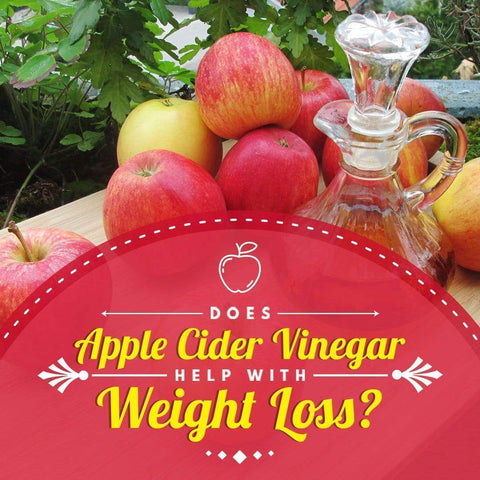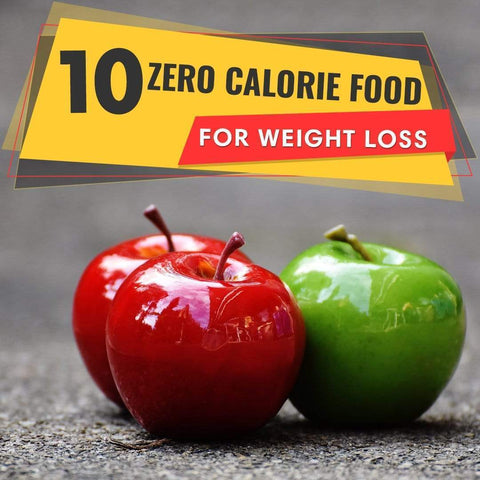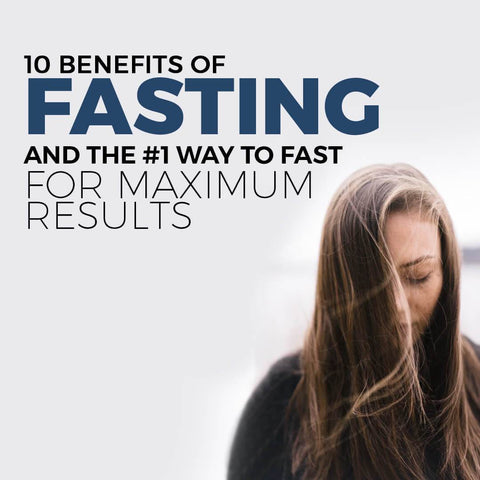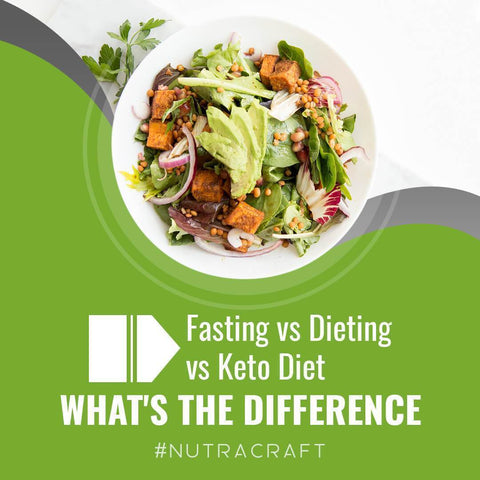
Fasting is definitely one of the trendiest health and wellness topics around right now. The truth is fasting isn’t just a trendy fad. It’s an ancient and time-honored practice that dates back thousands of years.
If you tell someone you are fasting, they might be shocked to think that you aren’t eating. Fasting, however, is not the complete absence of food.
What is fasting?
Fasting is simply the absence of food for a certain period of time. For some, this time could be hours, and for others it could be days.
There are many types of fasting. Some popular methods are intermittent fasting and time restricted eating, which both involve focusing on eating food within a specific window of time (for example 8 hours), then abstaining from food consumption and allowing the body to rest for a longer period of time (for example 16 hours). This longer period of time is the fasting stage.
Exclusive Bonus! Download the FREE report ‘19 Ways to Naturally Balance your Blood Sugar Levels (Even If You LOVE Carbs)’ by clicking here.
2 Key Benefits of Fasting
The benefits of fasting certainly prove why it’s been around for millennia. The truth is that the human body isn’t meant to eat all day long, and many physical symptoms can manifest with the constant consumption of food.
Fasting for a minimum of 12-14 hours or longer allows the body to rest, repair, and recover. Keep in mind that this fasting period typically overlaps with sleep, so it can be quite manageable!
Think about how many times you’ve gone for a late night snack before bed. As soon as the body consumes any type of food, it begins numerous chemical processes. Enzymes are released, the digestive system is activated, insulin is produced by the pancreas, hormones are released, and much more.
It’s important to give your body a good break, especially before bed, instead of tiring it with all of these processes that can be taxing on the body. The fasting diet provides the body with numerous benefits because it allows you to be in a rest and repair state, which can be very healing in many aspects.
Key Benefit #1 - Fasting promotes weight loss and muscle gain.

Arguably, the biggest and most noticeable benefit of fasting is weight loss 1 and muscle gain. Many people experience an apparent improvement in their physique including fat loss and increased muscle tone. This happens for a few reasons.
- The body releases human growth hormone, which increases muscle. HGH also increases muscle strength and promotes weight loss.
- Furthermore, frequent eating can lead to insulin resistance and inflammation, and when we take a sufficient break from eating, insulin levels normalize, which is beneficial for maintaining a healthy weight and fat loss 2.
- Overall, the healing your body experiences in a fasting state can provide significant weight loss benefits.
Key Benefit #2 - Fasting balances blood sugar levels and improves cognitive function.
Another benefit of fasting is the improvement of blood glucose levels.
Giving the body a sufficient break from food consumption on a regular basis can normalize blood glucose levels and reduce insulin resistance[3]. Therefore, fasting can be highly beneficial for anyone with prediabetes, insulin resistance, or irregular blood sugar in general. Moreover, since fasting provides weight loss benefits, this consequently improves blood glucose as well because excess body fat is linked to irregular blood glucose levels.
Another wonderful benefit that many people experience once blood glucose levels are balanced is improved brain function. This can include better mental clarity, improved memory, and overall increased cognitive function 4.
8 Other Benefits of Fasting
Some other fasting benefits can include:
- Increased energy
- Improved sleep 5
- Balanced hunger hormones 6
- Reduced inflammation
- Improved blood pressure 7
- Reduced cholesterol levels 8
The #1 Way to Fast for Maximum Results
Which fasting method is best? Intermittent fasting, time restricted eating, alternate day fasting? There is not necessarily one method of fasting that is ultimately the best because each person and their needs are unique. However, the way you fast can make all the difference if you want to achieve maximum results.
To achieve maximum results when fasting, my number one tip is to consume healthy foods when you are eating.

Many people do see some benefits from fasting, regardless of what they eat. For example, it is true that there are many people who eat highly processed foods during their eating window and still experience weight loss and muscle gain.
However, this isn’t necessarily sustainable for the body, and different symptoms can arise as time goes on. It is not beneficial in the long run because this ultimately can lead to nutritional deficiencies, inflammation, elevated cholesterol levels, and more. In the end, this tends to negate the overall benefits of fasting.
The best way to fast includes consuming nutrient dense, whole food, high protein meals when you do eat. This will ensure you obtain all needed nutrients and you remain satiated. If you don’t eat enough protein and healthy fats during your eating window, this can lead to cravings which can reduce your compliance with fasting.
I also highly recommend drinking plenty of pure filtered water during your fast. It’s helpful for curbing any hunger you may have, and it’s important to stay hydrated.
There are many benefits of dry fasting, but I would only recommend this for people who are very experienced with fasting. To achieve maximum results, fasting for around 14-16 hours each day is recommended. This gives you an 8-10 hour window of eating, which is often very manageable and will lead to excellent results.
Overall, make a plan to suit your needs and ensure your fasting is manageable to increase compliance and success. Make sure your fasting schedule works well with your work schedule.
Plan ahead if you know you’ll be eating out with friends or attending a gathering where food will be served. If you have a busy schedule, plan your food for the week so that you are prepared. If you aren’t prepared and you find yourself hungry, you might break your fasting early or eat something you wish you hadn’t.
What Is the Fasting Mimicking Diet?

The fasting mimicking diet is a diet that provides similar benefits to fasting without actually needing to fast regularly. It is a modified type of fasting where you consume small amounts of food in a way that provides therapeutic benefits that are similar to fasting 9.
While practices like intermittent fasting are practiced daily and long term, the fasting mimicking diet is a practice that is short term, usually around 3-5 days, and can be done occasionally to experience it’s benefits.
During this time, you consume foods low in carbohydrates, protein, and calories, and high in fat. This type of diet makes the body think it is in a fasting state because of the reduced caloric intake. The higher fat foods will help you to feel satiated during this time.
This style of eating is somewhat similar to the ketogenic diet because the foods consumed during the fasting mimicking diet put the body into ketosis. However, the keto lifestyle itself is somewhat different because it doesn’t focus as much on reducing calories so significantly.
If you already eat a ketogenic diet, then practicing the fasting mimicking diet occasionally could be very beneficial and cleansing.
Some Final Thoughts
Are fasting diets safe? Overall, yes.
If you are just starting out with fasting and you don’t have much experience, I most definitely suggest starting out slowly and finding out what works best for your body.
Intermittent fasting or time restricted eating are two methods that tend to be quite manageable, even for beginners. Ensure you are still getting adequate nutrition through healthy foods, and ensure you are staying hydrated.
Remember to be safe and consult your primary health care physician if you have any medical issues before making any dietary changes, or if you have any questions about fasting.
Struggling To Lose Weight?
Have your weight loss results plateaued or have you gained weight even though you’re not over eating?
These can be a sign of having too much of the sugar-hungry hormone Insulin in your body.
And what’s worse, this hormone tells your body to actively ACCUMULATE and STORE fat!
The good news is that there’s a wide range of natural ways to control your blood sugar (and in turn insulin). These herbs and natural remedies have been used successfully and effectively for thousands of years!
In his new report, nutritionist Evan Burns, reveals 13 rarely used tricks to naturally curb the #1 Fat Producing Hormone so you can start losing weight today.
It’s yours FREE for a limited time









